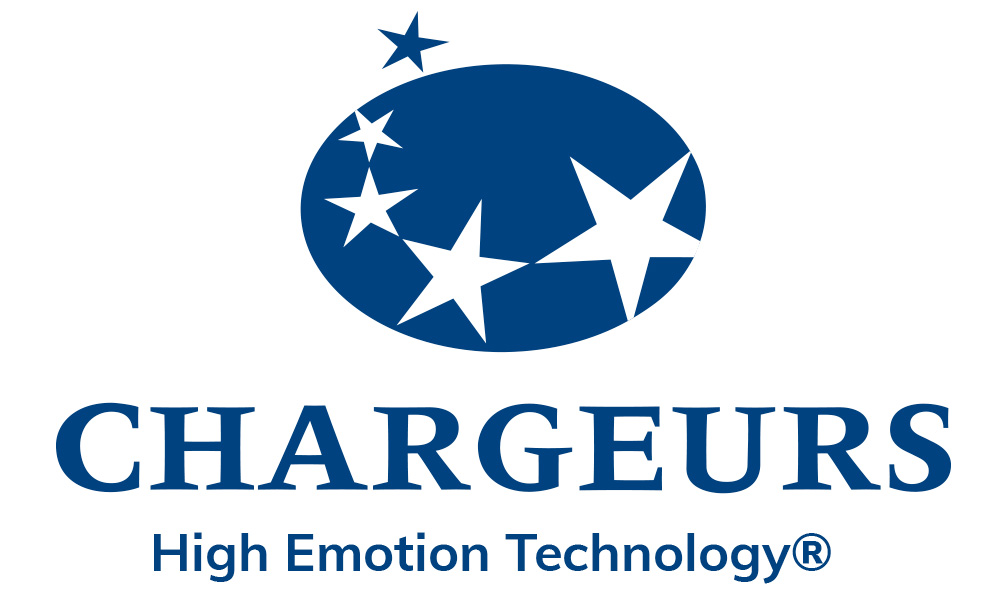
Denise Silber, the founder of Doctors 2.0 and VRforHealth.com, is a digital health strategist, author, conference curator and a thought leader on social networks in France and internationally. Her main fields of interest are digital health, patient engagement, virtual reality in medicine, premium healthcare, and social justice. Denise Silber received the Legion of Honor and was named on the list of the “Inspiring Fifty” Women in Tech in France for her groundbreaking work. Denise has an MBA from Harvard and co-edits a podcast series for the Harvard Alumni Entrepreneurs, a global organization. She is also Vice-President of the Harvard Club of France.
Covid-19 Changes the Face of Healthcare Innovation
“Digital health is a young and vibrant field. So most people do not realize that it is only the current term for an idea that traces back over fifty years and has always faced resistance to change. In the 1960’s, when computers were huge and rare, a few healthcare professionals realized that structured data was indispensable to the patient care and proposed the Electronic Medical Record; the EMR has remained problematic ever since. Next, progress in telecommunication led to telemedicine but was restricted to exceptional situations. The Dotcom boom saw the birth of eHealth but few successes. Smartphones led to mHealth but few apps were widely used. Multiple new medical sensors have fueled Connected Health over the past ten years, but simple step counters and watches represent the majority of use. Big Data generated by objects and patient records has given Artificial Intelligence a huge sandbox in which to play, but we are still feeling our way forward.
Every January, the headlines predict that “this” will be the year of digital health, but it never has been. In fact, only healthcare social media has reached scale. Despite the billions of dollars invested in digital health, fewer of its health start-ups reach unicorn status than in other industries. While some health systems have integrated some of these innovations, none can claim it takes full advantage of digital’s potential. The incentive to disrupt has never been sufficient.
Fascinatingly, the arrival of a microscopic virus called Covid-19 has created the inflection point that business, government, professionals and citizens could not. With the disruption of life as we know it, several stars have emerged in the digital health universe.
During the prolonged period in which person-to-person contact brings a risk of infection and in which speed saves lives:
- Teleconsultation has become the preferred channel of patient-professional interaction.
- Chatbots and apps have been deployed to millions to accelerate self-diagnosis of the virus and for mental health support. Virtual Reality has gained in importance, for both mindfulness and relaxation as well as its therapeutic properties.
- Hospital robots have been adapted to deliver food, to take temperatures, to facilitate communication, and to disinfect, while keeping professionals at a distance from harm.
- 3D printing in hospitals has produced thousands of visors, handleless door knobs, valves for respirators.
- Artificial Intelligence has been unleashed on:
- genetic data to better understand who is at risk,
- medicinal databases to identify existing molecules to repurpose for Covid,
- location data for contact tracing.
At the same time, while we are used to navigating a global world in which digital innovations evolve and flourish internationally, Covid-19 has led to a regain in the importance of national sovereignty. In a situation of scarcity of life-saving resources, citizens expect their leaders to ensure access to the Covid-19 vaccine, to all medicines, to innovative materials and devices, and to proper healthcare.
In short, in just a few months, many fundamentals of healthcare operations have shifted. And yet the guiding principle remains: the right to healthcare is inalienable. 2020 and beyond represents a unique set of challenges and opportunities for healthcare industries”.

